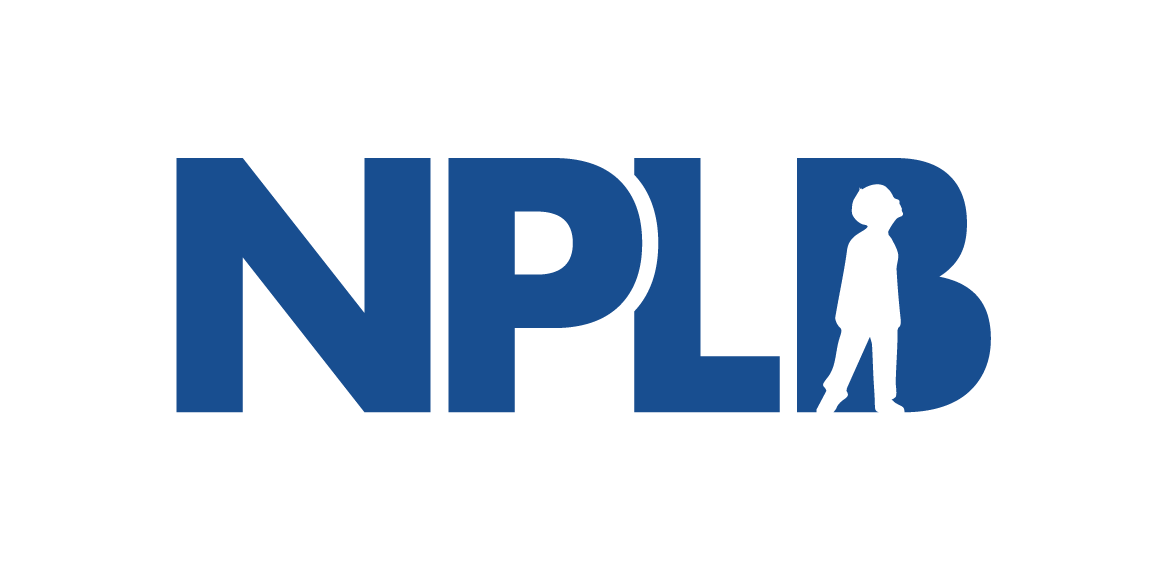PETITION TO RESTORE INCENTIVES FOR EARLY-STAGE FUNDING OF NEW SMALL MOLECULE R&D
A call to action from U.S. patient advocates, physicians, biomedical innovators, and investors
We are signing this petition in support of adjusting federal drug pricing policy to ensure small molecules are as compelling to research and develop as other new medicines.
The “pill penalty” introduced by the Inflation Reduction Act (IRA) should be eliminated.
Congress should act this year to change when Medicare begins to price set small molecules from 9 years to 13 years post new drug approval.
Eliminating the “pill penalty” benefits US patients, which is to say all of us, and is consistent with the period when medicines would normally go generic.
Background: The Pill Penalty
New drugs have historically averaged 14 years on the market before facing generic competition -- enough time to encourage investment in the development of new medicines and provide society with new, inexpensive generics in perpetuity. Spending on branded drugs comprises just 8 cents of the nation’s health care dollar. Yet, under the drug pricing provisions of the Inflation Reduction Act (IRA), small molecule treatments now face Medicare “negotiation” (government price setting) that makes brand medicines functionally generic just 9 years after FDA approval, which is four years before these medicines generally face generic competition.
Though meant to cut costs, this “pill penalty” has had real-world, real-time unintended consequences, discouraging investment in new small-molecule innovation for diseases of the aging. Not merely a shift of investment to biologics, overall pharmaceutical development funding has declined, with aggregate small-molecule investment dropping by 68% since the IRA’s introduction. Private sector R&D funding for new indications of existing small molecule drugs also has decreased post IRA’s passage by 47.3%.
Consequences for Innovation and Patients
Pharmaceutical progress climbs on two legs: small molecules and biologics. Together, they fuel life-changing breakthroughs that extend and improve lives. Prior to the IRA, half of new cancer treatments approved by the FDA in recent years were small molecules.The pill penalty has effectively amputated one leg, forcing our industry to arbitrarily slow progress and inefficiently prioritize the difficult ascent on physician-administered biologics mostly covered by Medicare Part B and NOT eligible for IRA’s cap on patient out-of-pocket costs. The penalty threatens the development of novel, easy-to-take medications covered by Medicare Part D and IRA’s OOP cap that actually helps beneficiaries at the pharmacy counter. It could prevent nearly 200 new small-molecule (NDA path) drugs from reaching the market over the next two decades, reducing the availability of affordable, convenient treatments for millions of Americans with conditions such as cancer, heart disease, cystic fibrosis, and muscular dystrophy.
Bipartisan Support for Fixing the Pill Penalty
Legislative efforts, such as the Ensuring Pathways to Innovative Cures (EPIC) Act, demonstrate wide and bipartisan support to fix this pill penalty. The recent Executive Order “Lowering Drug Prices by Once Again Putting Americans First” directs legislative efforts to align the price setting timelines for small molecules and biologics at 13 years, restoring the small molecule leg of innovation. Both the Executive Order and the legislative bills are widely backed by physicians, patient advocates, and industry leaders who agree on the need to restore small molecule innovation investment incentives.
Maintaining Affordability and Innovation
Our objective is not to undermine the IRA's essential provisions, such as capping out-of-pocket costs for Medicare beneficiaries or facilitating transitions to generic pricing without undue delay. Rather, we aim to balance affordability with equitable innovation incentives across both small molecules and biologics. The emerging data clearly shows that the nine-year exclusivity period has severely diminished investment in small molecule development. The solution isn't to similarly handicap biologics with this same insufficient timeframe, but instead to restore small molecules to parity with biologics by establishing an investable 13-year exclusivity period for both. This approach ensures our innovation ecosystem can stand on both legs and deliver the full spectrum of therapeutic options patients deserve.
Call to Action
Your signature helps restore the small molecule leg of innovation, supporting American researchers, protecting future breakthroughs, and ensuring patients benefit from the full range of therapies without driving up costs.
Join physicians, patients, and healthcare advocates in demanding smart, fair policy that promotes both affordability and innovation, correcting the imbalance caused by the pill penalty.
Below, you’ll find our names and the diseases we care passionately about because the future of medical progress depends on what we do now.
Why Your Voice and Real-World Experience Matters
As doctors, patient advocates, investors, and biopharma innovators, we have witnessed the transformative power of pharmaceutical innovation over recent decades.
Advancing modern medicine relies on two essential pillars: small molecules and biologics. Like a climber needing both legs to ascend, our healthcare system requires both innovative pathways to reach new therapeutic heights.
New drug R&D should follow science to ensure speedy and efficient innovation to maximize finite societal resources. Yet the 'IRA pill penalty' crushes small molecule innovation. The penalty doesn't just slow progress – it fundamentally compromises our ability to deliver the oral and easily genericizable medicines that patients desperately need. Your signature on this patient- and physician-led initiative helps restore the small molecule leg of innovation, ensuring our nation’s continued progress in medical treatment.
Add your name here.
